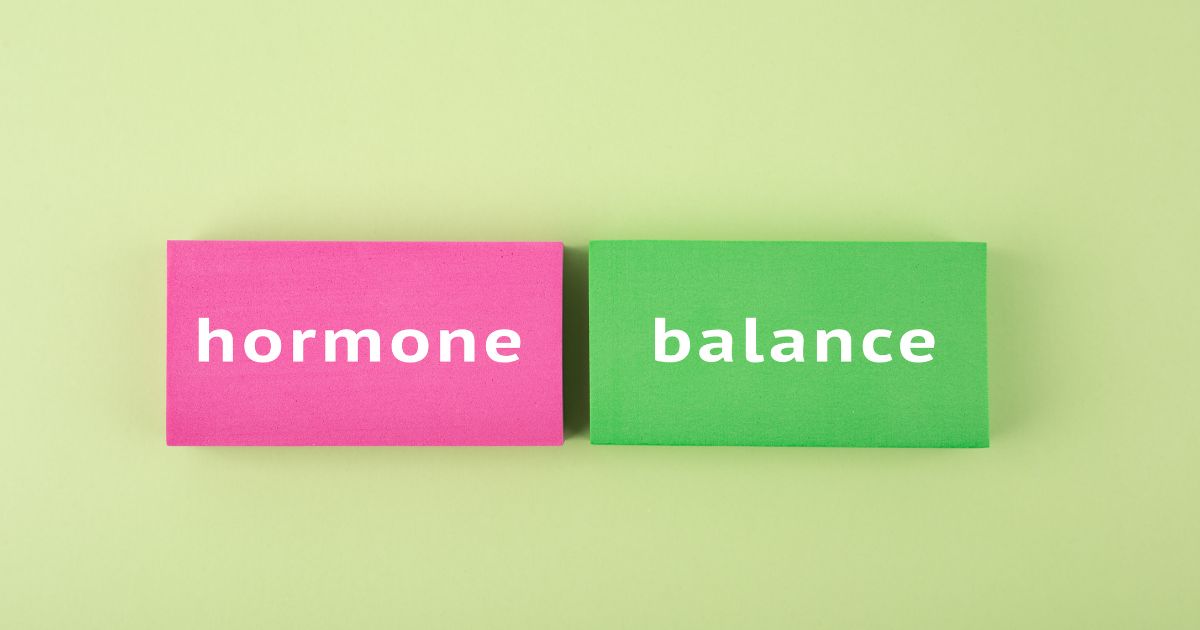Hormonal changes are a significant aspect of women’s health, influencing various stages of life from puberty through menopause. These changes can affect physical, emotional, and mental well-being, making it crucial to understand and manage them effectively. This article delves into the causes and symptoms of hormonal changes in women, providing insights into how they impact health and quality of life.
Introduction to Hormonal Changes
Hormonal changes play a pivotal role in women’s health, orchestrating the rhythm of the female reproductive system and influencing overall well-being. Hormones such as estrogen and progesterone are key players in this process, affecting everything from menstrual cycles to pregnancy and menopause. The endocrine system, an intricate network of glands, produces these hormones, which then travel through the bloodstream to regulate the body’s functions.
Causes of Hormonal Changes
Hormonal changes in women can arise from natural life stages, including puberty, pregnancy, and menopause. During puberty, hormonal shifts trigger the onset of menstruation, breast development, and other physical changes. Pregnancy brings about significant hormonal fluctuations to support fetal development, while menopause marks a decline in reproductive hormones, leading to the cessation of menstrual periods.
Several other factors can also lead to hormonal imbalances, such as stress, medication use, and chronic health conditions. Stress, for instance, increases the production of cortisol, a hormone that, in excess, can disrupt the balance of other hormones. Medications like birth control pills directly alter hormone levels, and conditions such as thyroid disorders can further complicate hormonal equilibrium.
Symptoms of Hormonal Imbalances
The symptoms of hormonal imbalances can be vast and vary widely among individuals. Common physical symptoms include weight gain, menstrual irregularities, and menopause-related changes such as hot flashes and night sweats. Emotional and mental health symptoms, such as mood swings, depression, and anxiety, can also indicate hormonal disturbances
Menopause and perimenopause are particularly noteworthy stages for hormonal change in women. These periods can bring about a range of symptoms, from hot flashes and vaginal dryness to mood changes and sleep disturbances. The transition to menopause, perimenopause, signifies a time of significant hormonal fluctuation that can affect a woman’s physical and emotional state
Understanding the causes and recognizing the symptoms of hormonal changes are crucial steps in managing their impact on women’s health. By staying informed and proactive, women can navigate these changes more smoothly, minimizing their effects on daily life. For more in-depth information on navigating the menopause years, the American College of Obstetricians and Gynecologists offers a wealth of resources and FAQs to guide women through this transitional phase.
Lifestyle and Diet for Hormonal Balance
Lifestyle choices play a pivotal role in managing hormonal imbalances. Here are key strategies:
- Dietary Adjustments: Incorporate foods rich in phytoestrogens, like flaxseeds and soy, to naturally balance estrogen levels. Omega-3 fatty acids found in fish can also support hormonal health.
- Regular Exercise: Engage in a mix of cardio, strength training, and yoga to reduce stress and improve hormonal balance.
- Stress Management: Techniques such as meditation, deep breathing, and mindfulness can lower cortisol levels and support overall hormonal health.
- Adequate Sleep: Ensure 7-9 hours of quality sleep per night to help regulate hormone production.
Medical Interventions and Therapies
For those needing additional support, various medical interventions and regular health screenings can help:
- Hormone Replacement Therapy (HRT): Used primarily during menopause, HRT can alleviate symptoms like hot flashes and vaginal dryness but comes with risks that should be discussed with a healthcare provider.
- Alternative Therapies: Acupuncture and herbal supplements (such as black cohosh and evening primrose oil) may offer relief for some women, though it’s important to consult a healthcare provider before starting any new treatment.
FAQs
- Can diet and lifestyle changes improve hormonal balance?
- Yes, adjustments in diet and lifestyle can significantly impact hormonal health by reducing symptoms of imbalance and supporting overall well-being.
- How do I know if my symptoms are due to hormonal imbalance?
- A healthcare provider can diagnose hormonal imbalances through symptoms, medical history, and tests like blood work to measure hormone levels.
- What are the long-term effects of hormonal changes during menopause?
- Long-term effects can include increased risk of osteoporosis, changes in heart health, and shifts in weight and metabolism. Managing lifestyle factors and discussing treatment options with a healthcare provider can mitigate these risks.
- Are there natural supplements effective for hormonal balance?
- Some supplements, such as vitex, magnesium, and vitamin D, may support hormonal health, but effectiveness varies. Consultation with a healthcare professional is recommended before starting any supplement.
